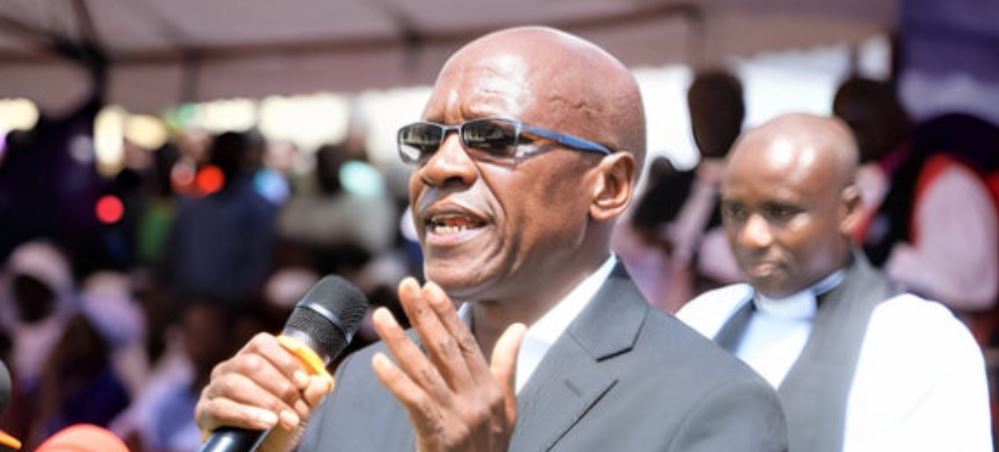 In a significant development, the National Assembly Departmental Committee on Sports and Culture has given its nod to the National Lottery Bill 2023, paving the way for its introduction in the house.
In a significant development, the National Assembly Departmental Committee on Sports and Culture has given its nod to the National Lottery Bill 2023, paving the way for its introduction in the house.
Sponsored by Majority Leader Kimani Ichung’wah, the bill aims to establish the National Lottery as the government sets its sights on tapping into the lucrative multi-billion gambling industry.
A lottery, a game of chance where participants acquire tickets and winners are selected through a random drawing of numbers, is at the core of this legislative move.
Committee Chair Daniel Wanyama highlighted, “The committee, having considered the National Lottery Bill, recommends that the House approves the bill with amendments as proposed in the Schedule of Amendments.”
Financial Projections and Government Plans
President William Ruto’s administration envisions leveraging the proceeds from the national lottery to generate revenue for public projects and noble causes. The Presidential Taskforce Report outlines ambitious targets, seeking to increase citizen participation from 9.87% to 37.32% across all age groups within the first three years.
Strategies for achieving this involve enhancing prize payouts, diversifying game offerings, and implementing responsible advertising practices within gambling guidelines.
The projected national lottery turnover, under a conservative scenario, ranges from Sh9.9 billion in 2024 to Sh34.43 billion in 2033.
Between July 2022 and June 2023, Kenyans engaged in online betting alone wagered an astounding Sh88.5 billion.
The national lottery, in its initial three years, projects prize winnings of Sh19.48 billion and a contribution of Sh7.28 billion in taxes, including corporation taxes.
Additionally, Sh10.88 billion in gambling taxes is earmarked to support the Sports Fund and various charitable causes.
Management Framework
The bill outlines the establishment of the National Lottery Board, tasked with supervising, controlling, and monitoring the national lottery’s operations.
Board members are entitled to salaries and allowances approved by the Cabinet Secretary, following the advice of the Salaries and Remuneration Commission.
The board will appoint a CEO for a three-year term, with eligibility for renewal. It may also choose an operator to manage the national lottery on its behalf.
The board’s resources will come from parliamentary allocations, payments from lottery operators, funds accruing to or vesting in the board, interest from investments, loans, and donations.








